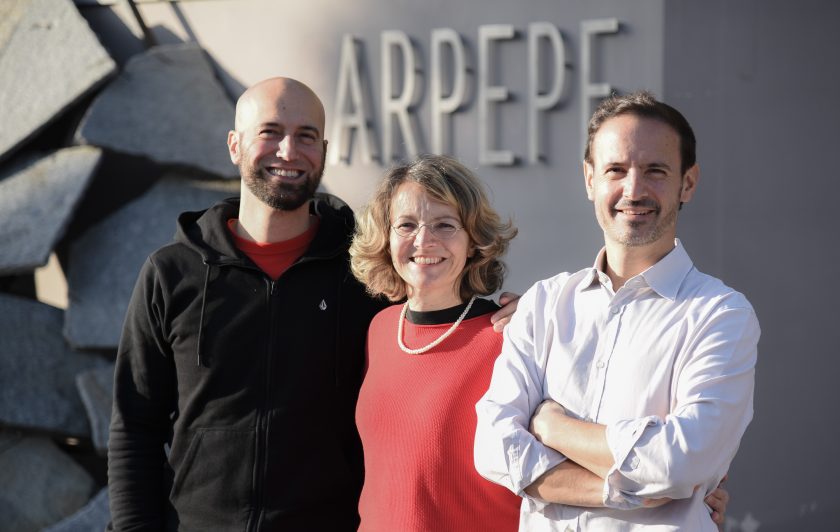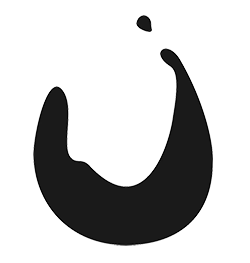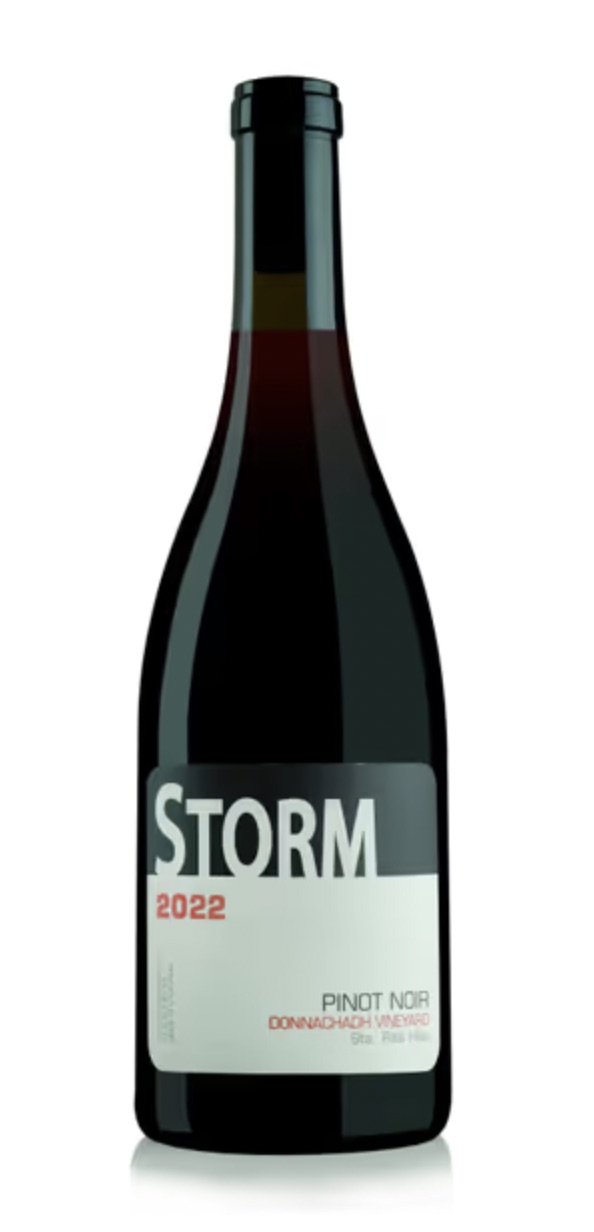2016 ARPEPE Rosso di Valtellina MAGNUM
This is alpine Nebbiolo like you’ve never had before — finessed, smooth, the more delicate side of the grape made famous for its power in Barolo. This bottling is from the 5th generation Ar.Pe.Pe estate in northern Italy’s Valtellina, Lombardy (on the border with Switzerland).
Sustainable farming practices and 4,000 cases produced annually.
- Tasting Notes strawberry, red cherry, hibiscus tea, white pepper, peppermint, leather
- Variety 100% Chiavennasca (Nebbiolo)
- Region Italy, Lombardy
- Volume 1.5L
- Alcohol Volume 12.5%
- Table Talk The terraced vineyards of ARPEPE are tucked in between the Orobic and Retic Alps just south of the Italian-Swiss border.

“These wines from ARPEPE (an abbreviation of founder Arturo Pelizzatti Perego’s initials) are among the most impressive I tasted… From top to bottom, the wines are deserving of serious attention. The super-traditional style will leave lovers of translucent Nebbiolo weak at the knees… Perhaps most importantly, ARPEPE shows just how pedigreed the wines of Valtellina can be.” — Antonio Galloni, Vinous
Tucked in between the Orobic and Retic Alps just south of the Italian-Swiss border, you’ll find the terraced vineyards of ARPEPE. At the helm of this storied estate, located in the Grumello subzone of Valtellina in Lombardy, is the fifth generation of the Pelizzatti Perego family. The roots of this blue-chip estate go back to the 1860s, when the current generation’s great-great-grandfather Giovanni founded a successful winery in the area, then known only as “Pelizzatti.” Over 150 years of history have passed since then, including the dark days of the 1970s during which the current generation’s grandfather fell ill, and the family was forced to sell the Pelizzatti brand along with some of their vineyards. The more recent history of the estate is an almost deus-ex-machina turn of events: the family re-founded their company under the ARPEPE label in 1984, got back many of their proprietary vineyards from renters, and were able to reclaim their cellar in Grumello. Today, ARPEPE is widely recognized as the single best producer in the appellation (as well as a benchmark producer of Nebbiolo in general) and we couldn’t be more thrilled to bring them to our customers.
Related Items
-
2022 Storm Wines Donnachadh Vineyard Sta. Rita Hills Pinot Noir
$60.00Crafted by the acclaimed Ernst Storm, this wine shows off everything we love about Sta. Rita Hills Pinot—lifted aromatics, pure red fruit, earthy undertones and silky tannins. A team favorite, this Pinot never fails to impress, no matter who’s at the table or what’s on the menu. It strikes that rare balance of elegance and approachability—making it a staple in our cellar.
Organic farming practices, native yeast fermentation, neutral oak aging, family-owned, less than 500 cases produced.
-
Liquore delle Sirene Aperitivo Americano Rosso
$40.00This aperitivo is made from organically-farmed Trebbiano di Soave and Garganega grapes, as well as local herbs from Lake Garda, Italy. No chemicals or artificial coloring are used.
This is an aperitivo (think Aperol) but unlike Aperol, is not an industrial, mass produced product.
HOW TO DRINK IT
Enjoy on the rocks, in a Spritz, negroni, or in a paloma with your favorite tequila or mezcal. -
2010 Casanuova Delle Cerbaie Brunello Di Montalcino Riserva MAGNUM
$325.00This wine comes from the prestigious hill of Montosoli and 2010 is widely regarded as one of the best Brunello vintages, with perfect growing conditions resulting in wines of great structure, depth, and aging potential. It is drinking really beautifully right now. No need to decant, just open 30 minutes before enjoying.
Organic farming practices, hand-harvested and 250 cases produced on average only in exceptional years.
-
Best Seller
2022 Wonderland Project Atlas Peak Cabernet Sauvignon
$55.00Grown high on a west-facing slope above the fog line on the northern ridge of Atlas Peak, this is a true mountain Cabernet. The palate is dense, layered, and impeccably structured, finishing long and refined. It carries the essence of red volcanic soil, wild California chaparral, and sun-drenched hillsides. All we can say is, there’s a reason the The French Laundry picked this gem up.
Organic farming practices, native yeast fermentation, unfined/unfiltered, vegan-friendly and only 1,100 cases produced.







